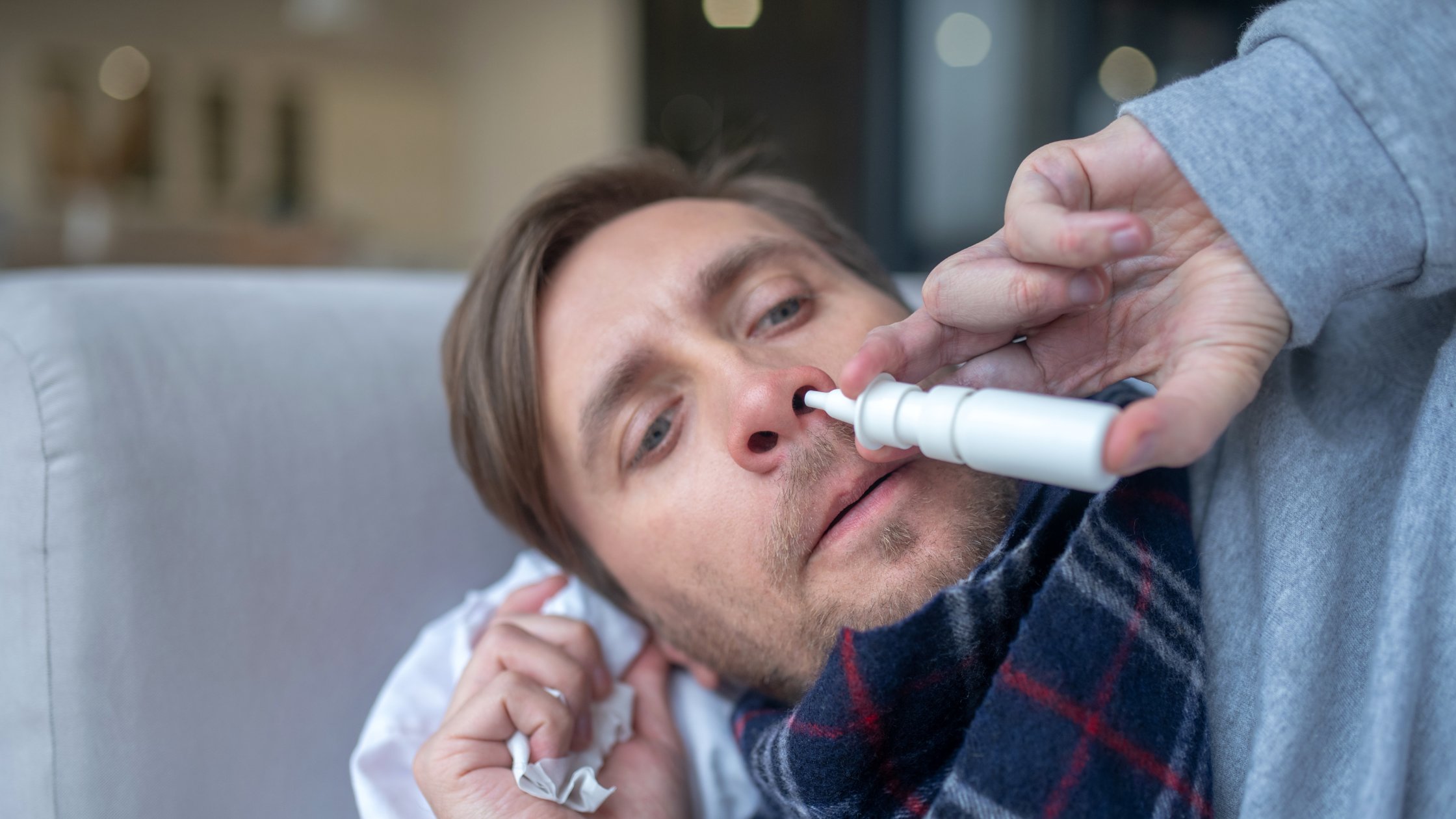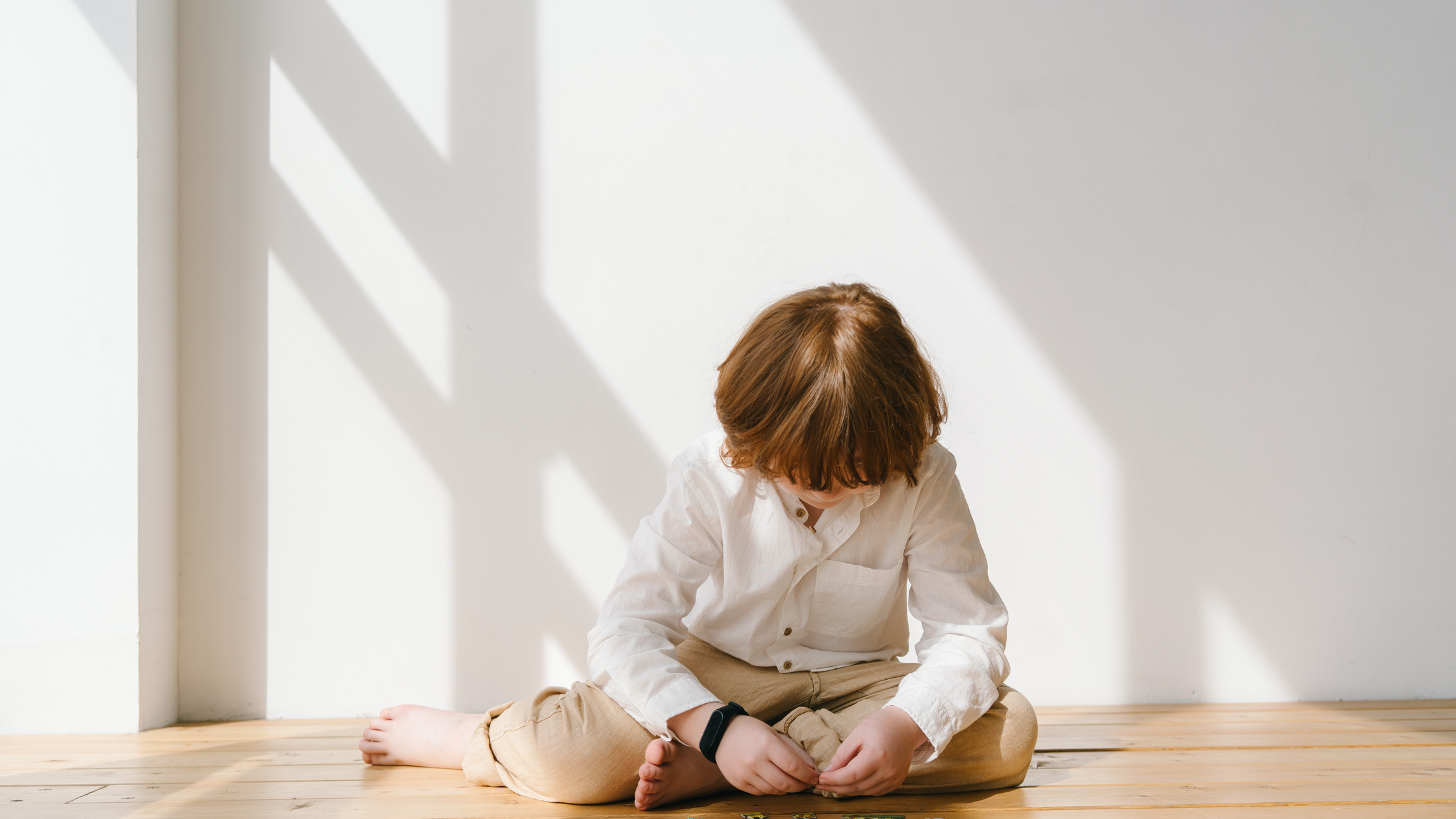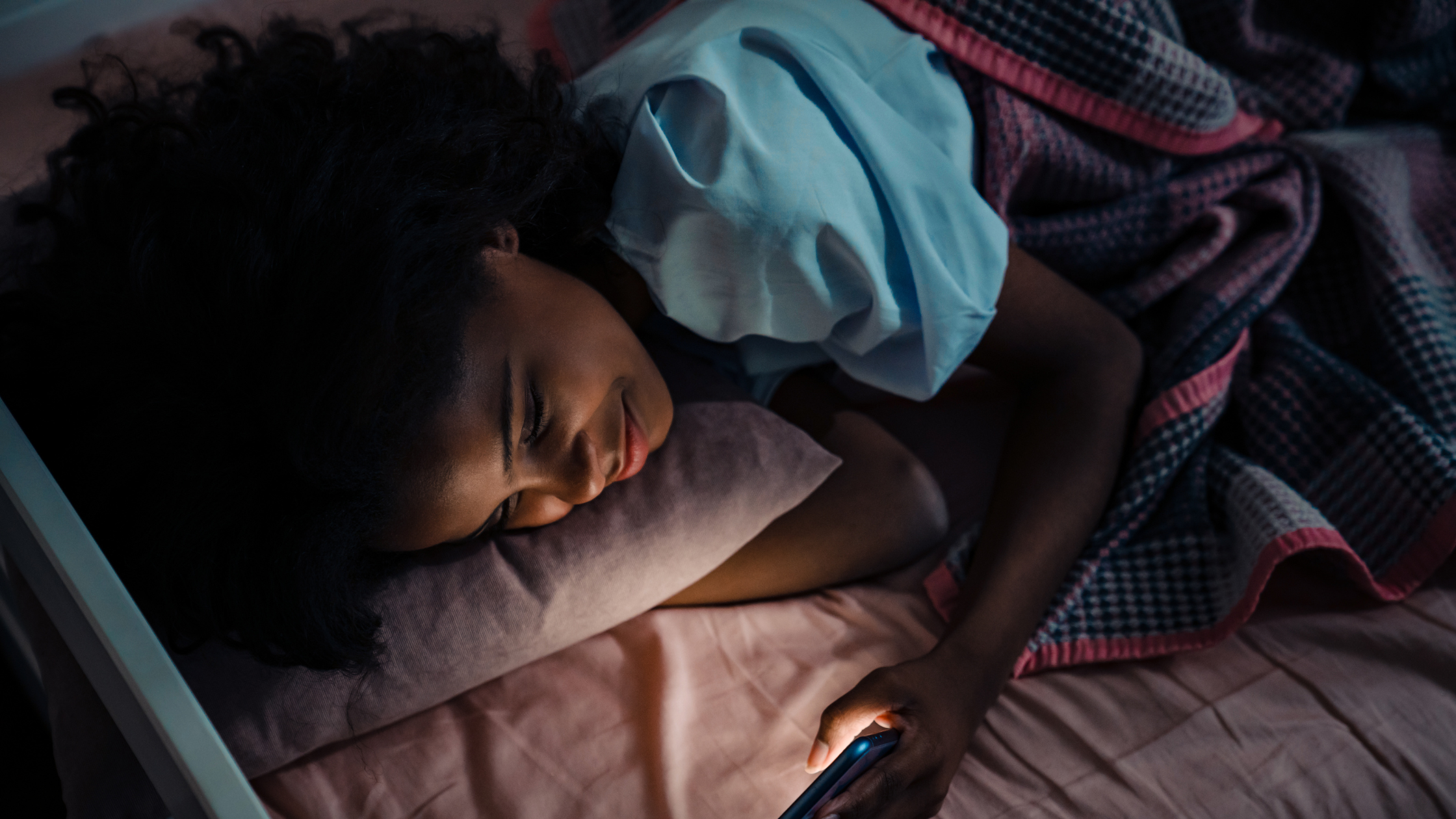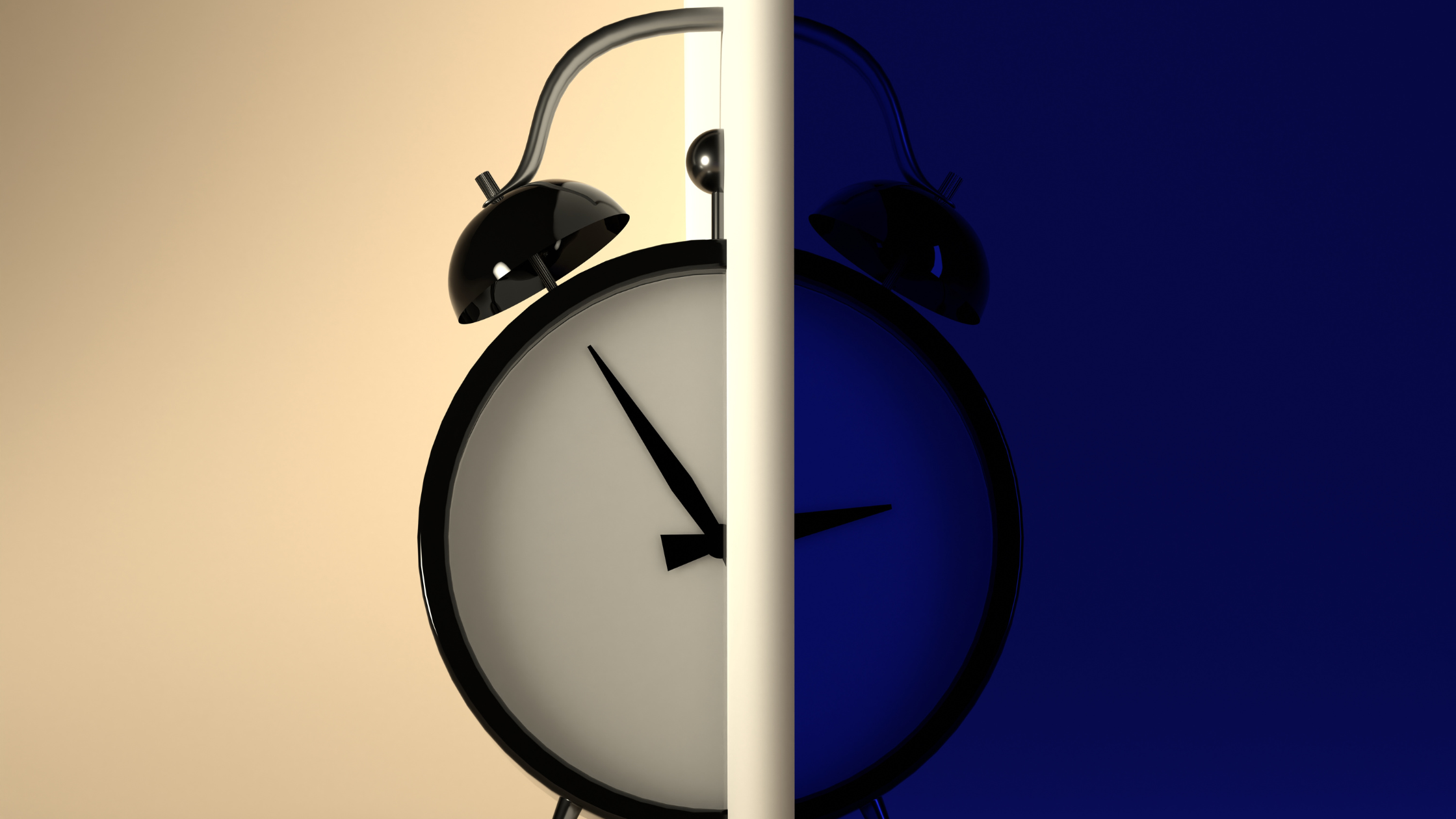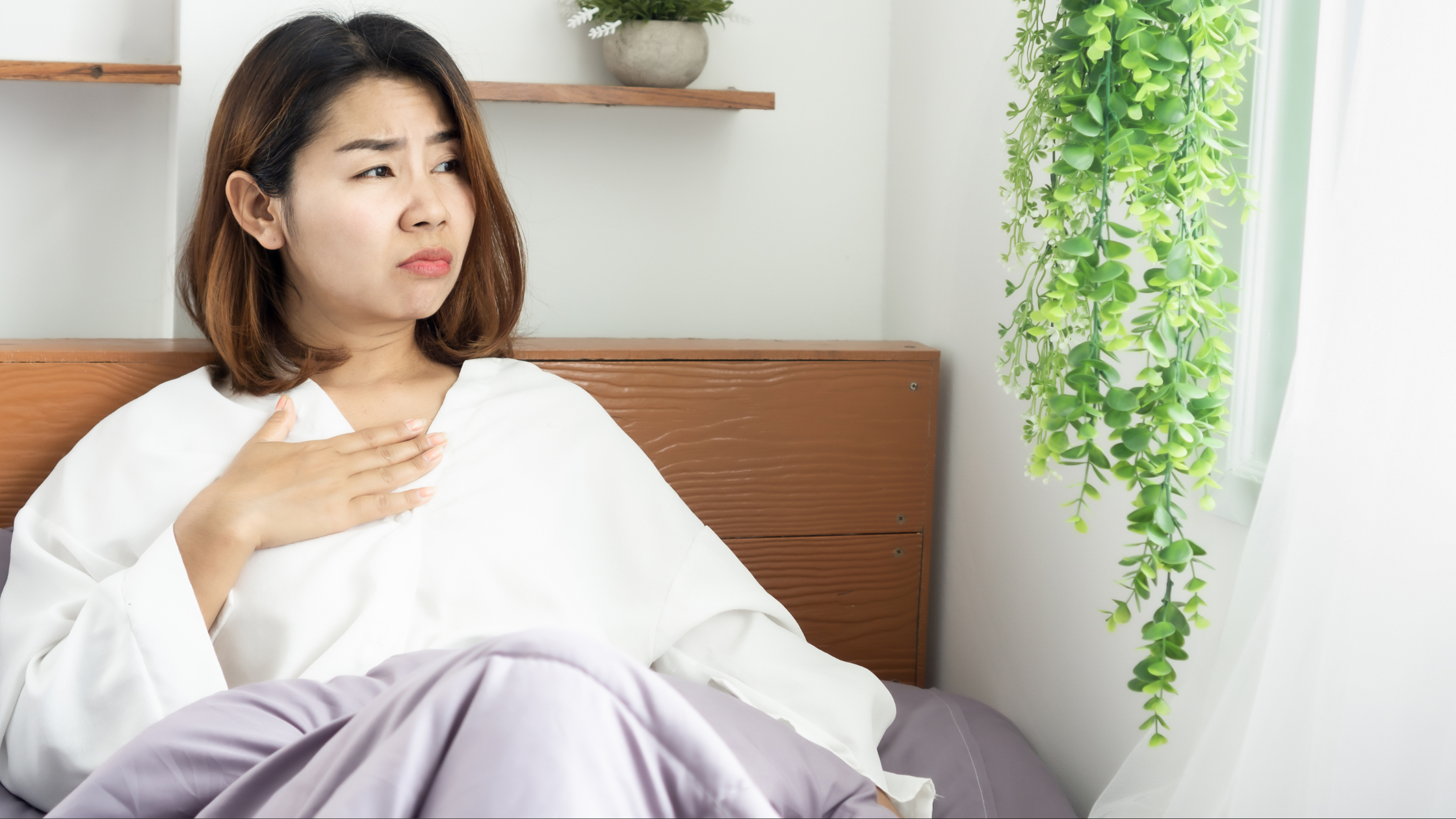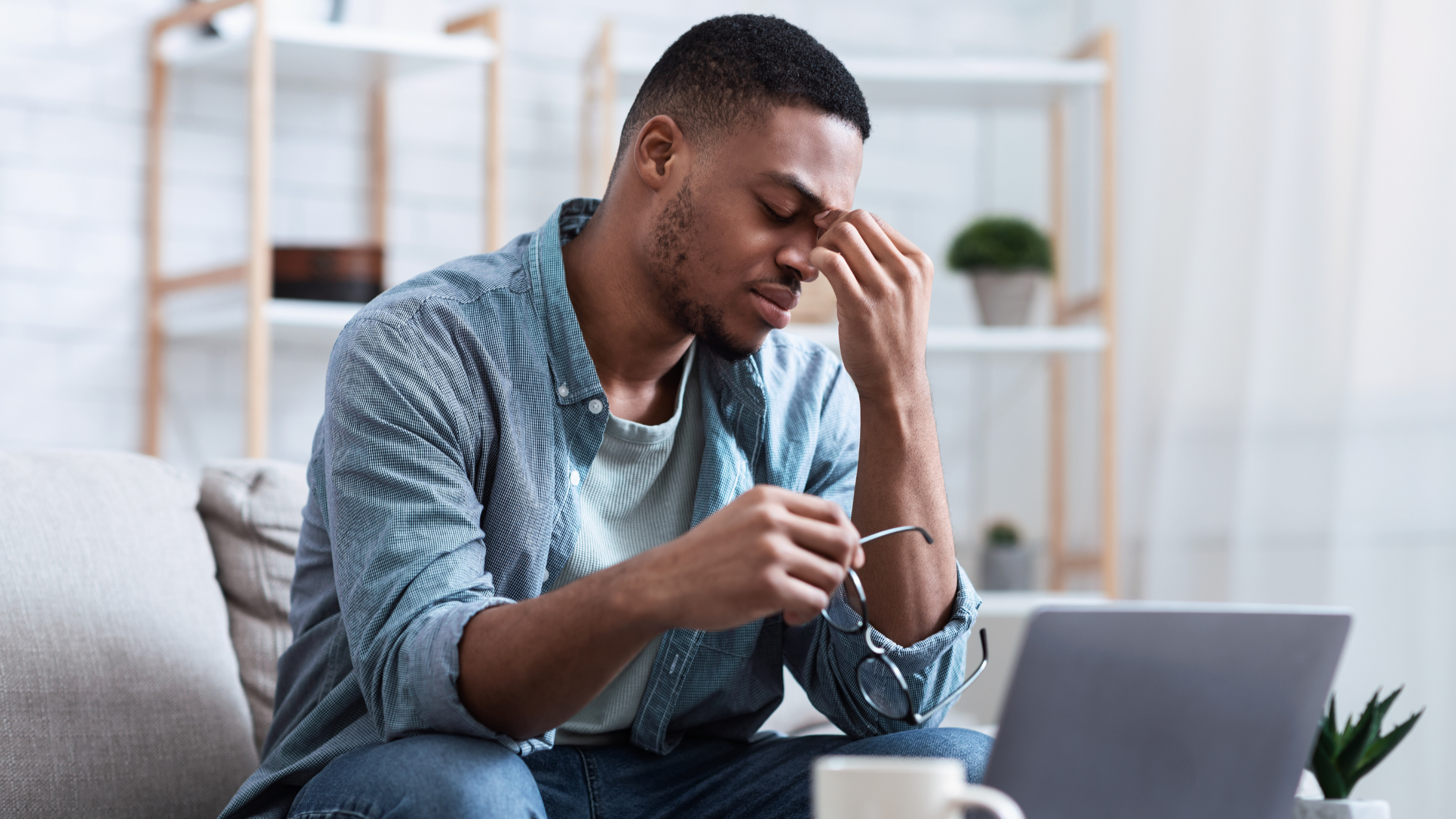There are few things more frustrating than trying to fall asleep with a stuffy nose. Whether it’s due to a cold, allergies, sinus infection, or other nasal issues, congestion can make breathing difficult and disrupt your ability to sleep soundly. A stuffy nose not only leads to discomfort but can also cause poor sleep quality, resulting in fatigue and a host of other problems the next day. The good news is that there are effective ways to manage nasal congestion so you can get the rest you need. In this blog post, we’ll explore why a stuffy nose affects sleep and share some practical tips and remedies to help you breathe easier at bedtime.
Darian Dozier
Recent Posts
Sleeping with a Stuffy Nose: Tips and Remedies for a Better Night’s Sleep
Understanding Sleep Problems in Autism: Challenges and Solutions
Sleep is a cornerstone of good health, impacting everything from physical well-being to emotional regulation and cognitive function. For many people, a good night’s sleep comes easily, but for those with autism spectrum disorder (ASD), sleep problems are often a significant challenge. Understanding why these sleep issues occur and exploring effective strategies can make a substantial difference for individuals with autism and their families.
For years, parents, educators, and scientists have debated the ideal school start time for teenagers. With mounting evidence pointing to the benefits of later school start times, it’s time to reconsider how we structure the school day for adolescents. Research has shown that a simple shift in the school schedule can have profound impacts on students’ learning, health, and overall well-being. This blog post explores how later school start times can lead to better academic performance, improved mental health, and increased safety for students.
In today’s fast-paced world, it’s not uncommon for teenagers to stay up late. Whether it’s to finish homework, scroll through social media, or catch up on their favorite shows, late nights are becoming a regular part of many teens' routines. However, research continues to reveal that late sleep times can significantly impact teens' ability to learn and perform academically. Understanding the consequences of these habits is crucial for both teens and parents to make informed decisions about sleep.
Sleep is a cornerstone of athletic performance and recovery, yet it’s often underestimated. Whether you’re a professional athlete or a weekend warrior, quality sleep can be the game-changer in achieving peak performance and faster recovery. This blog explores the relationship between sleep, athletic performance, and recovery, providing actionable insights to optimize your rest.
Your circadian rhythm, often referred to as your body’s internal clock, plays a crucial role in regulating sleep, wakefulness, and various physiological processes. When this rhythm is disrupted, it can lead to sleep disorders, fatigue, and even long-term health issues. Whether you’re dealing with jet lag, shift work, or poor sleep habits, restoring your circadian rhythm is possible with intentional changes. Here’s how you can reset your body clock and reclaim better sleep and health.
Somniphobia, or the fear of sleep, is a lesser-known yet deeply impactful anxiety disorder that can disrupt both mental and physical health. People with somniphobia experience intense fear or dread at the thought of sleeping, which can result in chronic sleep deprivation and a host of related health issues. This blog post explores the causes, symptoms, and strategies for managing somniphobia.
Sleep is an essential pillar of health, but women often face unique challenges to achieving restful sleep due to biological, hormonal, and lifestyle factors. From adolescence through menopause and beyond, sleep needs and patterns can shift significantly. Understanding these changes and adopting healthy sleep habits can support overall well-being at every stage of life.
Gastroesophageal reflux disease (GERD) can wreak havoc on your sleep. The uncomfortable symptoms—heartburn, regurgitation, and chest discomfort—often worsen at night, disrupting restful sleep and leaving you fatigued during the day. However, with a few targeted strategies, you can improve your sleep quality and manage GERD symptoms effectively.
Exploring the Potential Underlying Causes of Fatigue
Fatigue is more than just feeling tired; it’s a persistent lack of energy that affects your physical, mental, and emotional well-being. While occasional fatigue can result from stress or lack of sleep, chronic or unexplained fatigue may signal an underlying health issue. Identifying the root cause is essential to effectively addressing this common complaint.

